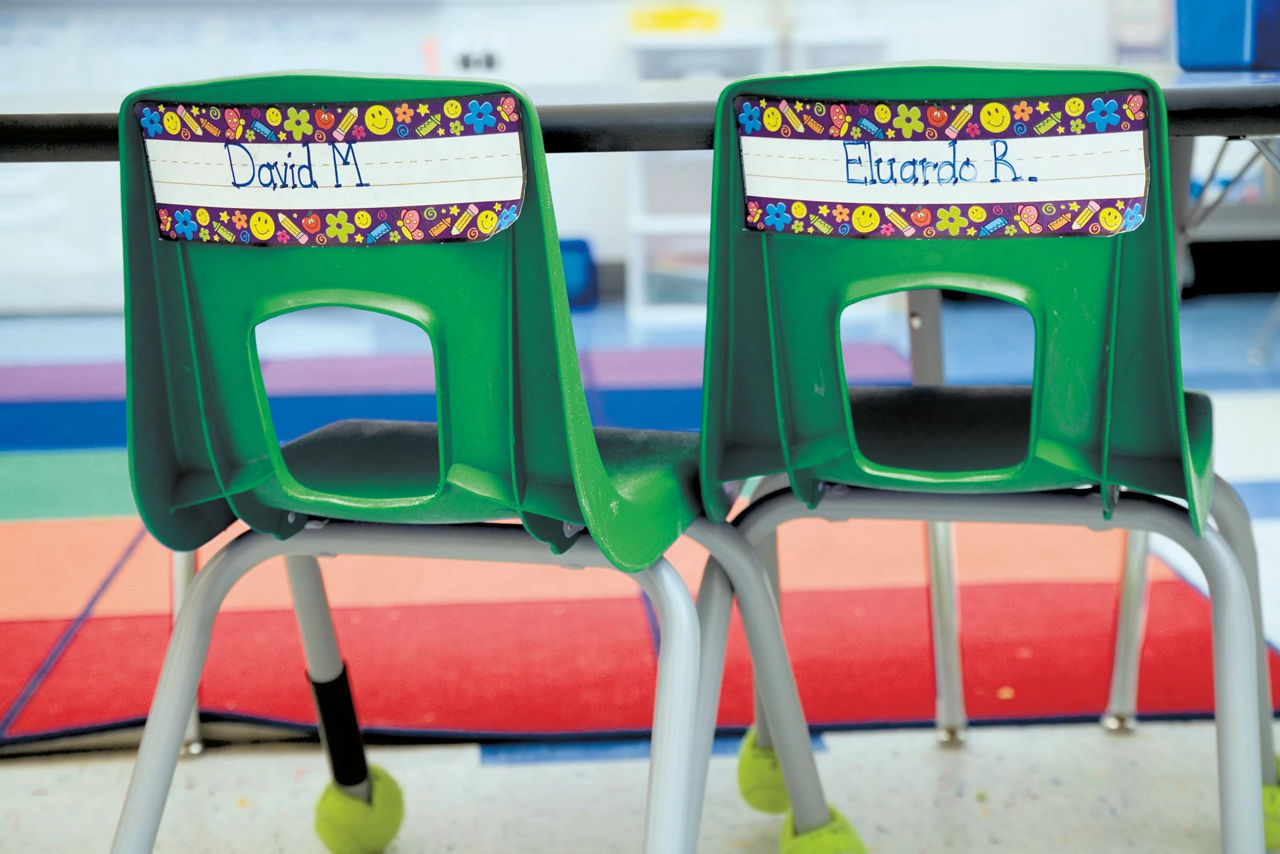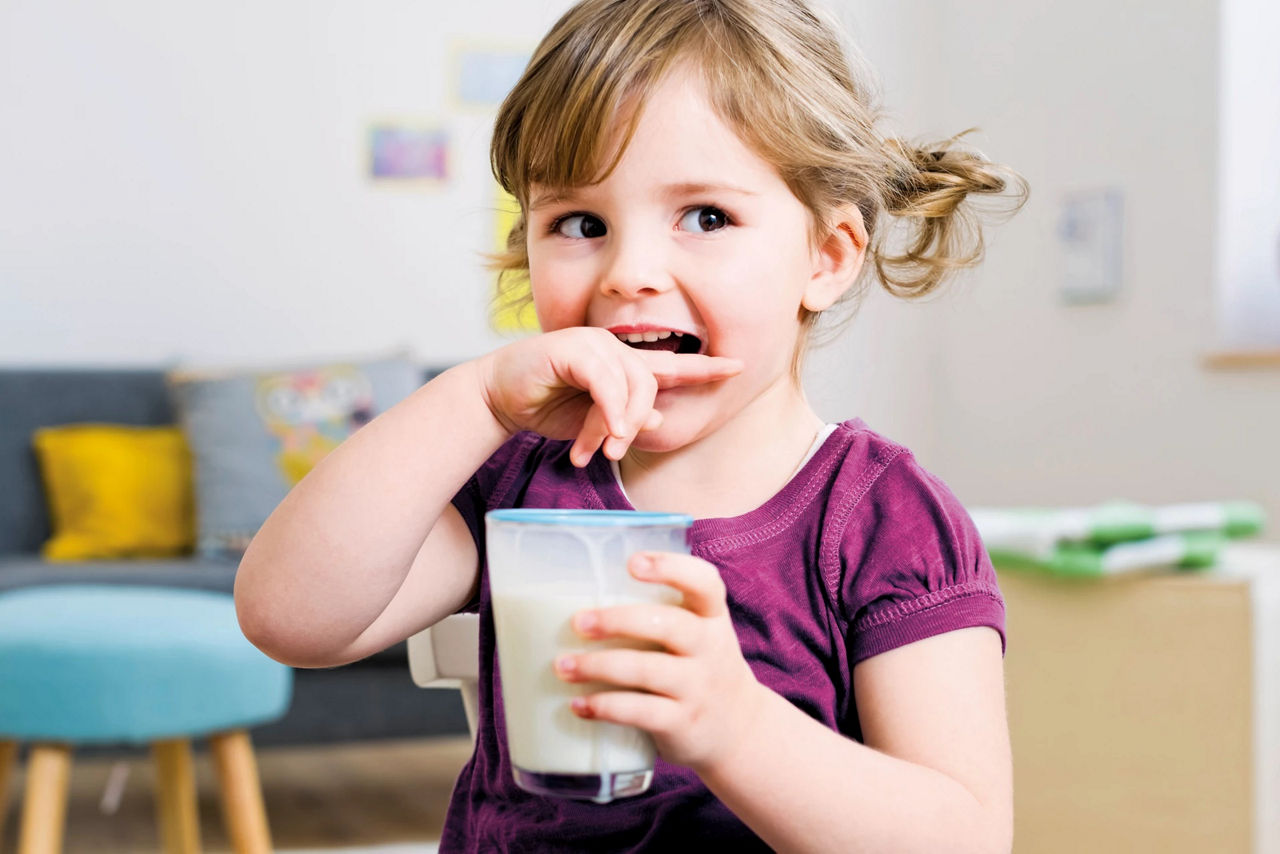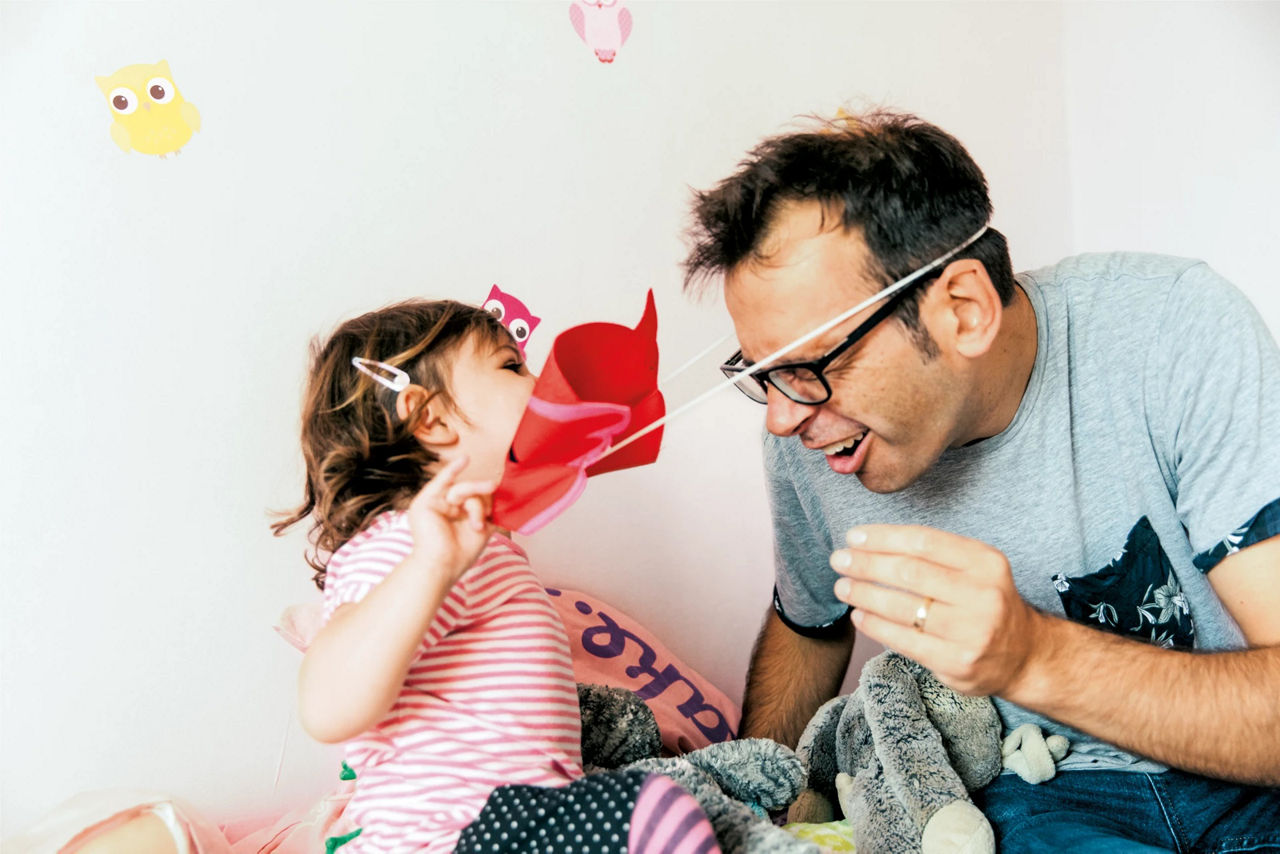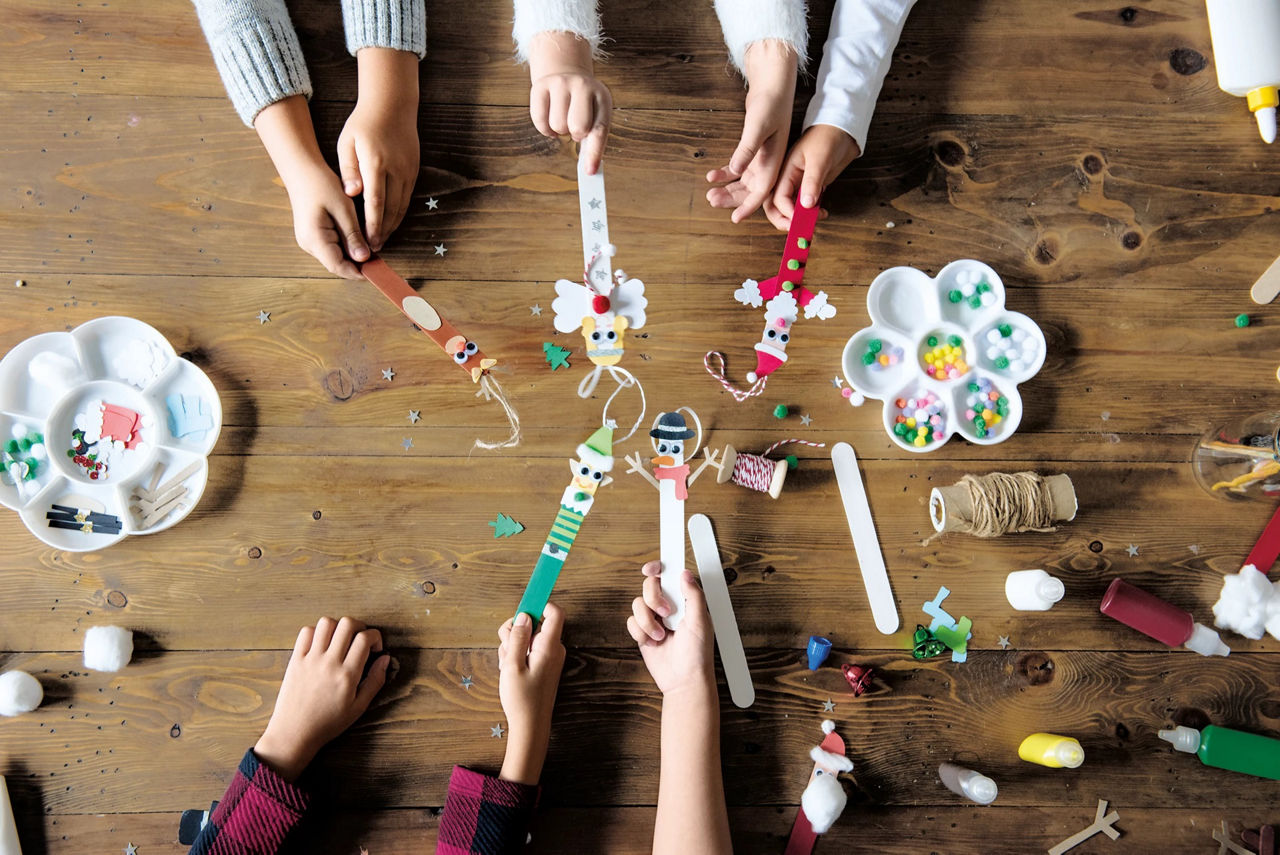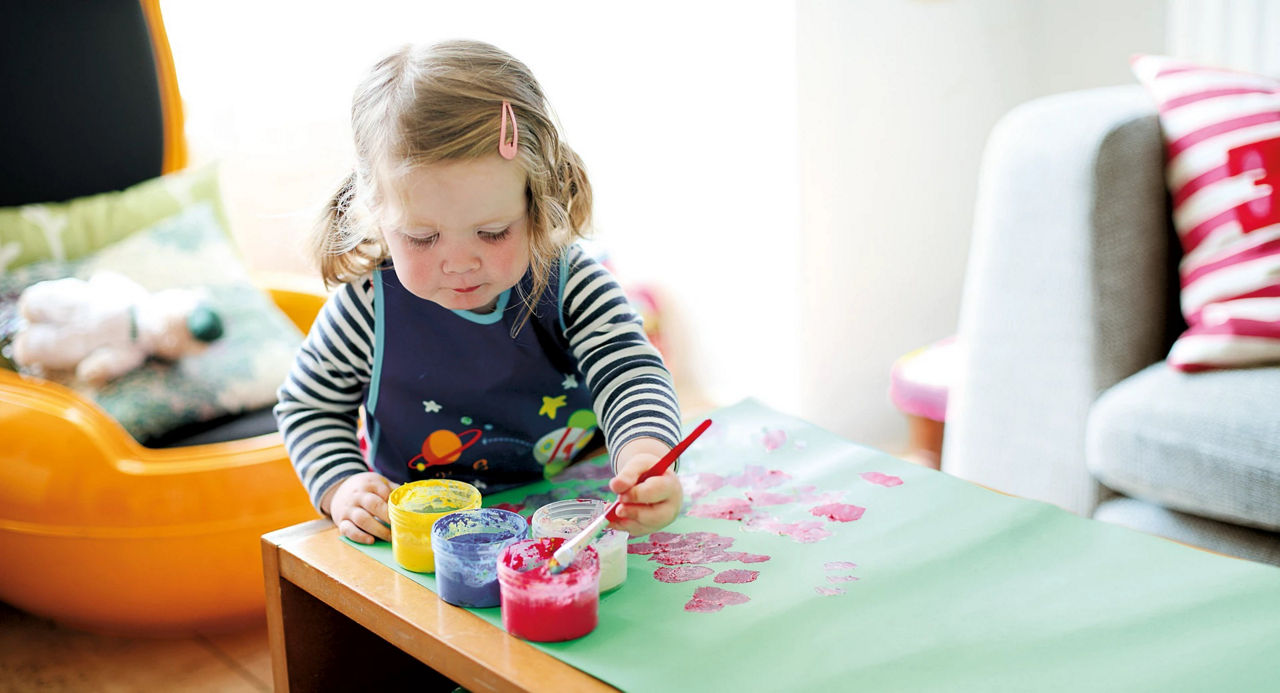Free weaning plan - Register here
Understanding separation anxiety
Now your little one’s a toddler they’ll be exploring their surroundings and becoming more independent. But at the same time, they often go through periods of ‘separation anxiety’ – becoming afraid and upset if you’re not there for a while.

Some have very strong feelings, which can lead to tantrums. Others less so. But it’s all part of growing up, and only a phase which they’ll grow out of sooner or later – usually by 3 years old.
Here are some ideas to help you handle any separation upsets your toddler may have.
What to do when you say goodbye
Wave goodbye with a smile – and leave straight away
If your toddler starts getting upset when they see you’re about to leave, it can be tempting to stay and try to calm them down. But if you do manage to calm them, the chances are they will get upset once again as soon as you try to leave.
So continuing to calm them only teaches them that their tears and protests work to keep you there. The shortest route to teaching them that you WILL come back is to wave goodbye happily, and leave first time.
When you return, say hello in the same way.
Talk to your toddler about where you’re going
Chatting to your toddler about what you do when you leave them can be reassuring for them. Rather than suddenly finding you’re not there – which could be very upsetting – they’ll be able to picture what you’re doing. Also, your toddler will pick up on your confidence and happiness, helping to make your leaving seem like normal routine.
Be enthusiastic about what your toddler will be doing while you’re not there. Perhaps mention the carer or babysitter, and how much fun they are. And tell them what you’ve got planned for when you come back, to give you both something to look forward to.
Leave them a reminder
Some toddlers feel comforted by a familiar object to keep with them – such as a favourite toy animal or a blanket.
Other toddlers prefer something that reminds them of mum and dad, such as a photo, mum’s scarf or dad’s handkerchief.
Talk about their feelings and yours
Part of your toddler’s separation anxiety is simply confusion about feelings they don’t fully understand. So, just like adults, it can help children to simply talk things through. You can explain what it means to ‘miss’ someone who’s not there – and tell them you feel the same way too.
Starting an activity before you leave
If a carer or babysitter is coming to look after your toddler, try to build in some overlap time – so you don’t leave as soon as they arrive. The babysitter or carer could read to your toddler or play a favourite game. This gives your toddler a chance to get used to the idea of being looked after, and could lessen any separation anxiety.
It’s always better if the carer or babysitter is someone your toddler has already met and feels comfortable with. If your toddler is asleep when they arrive, but wakes up later – they’ll be happier with a friendly face.
Learning to cope
You might find that your toddler copes well with separation at times – then becomes clingy for no real reason at other times. It’s quite normal. You just have to accept that sometimes there’s nothing you can do – even if you’ve tried everything that worked before!
Your toddler is learning one of the biggest lessons of their life – that there are times when they feel a bit unhappy, and they have to learn to cope.

Join the C&G baby club today
- Weekly emails with tips and advice for your stage
- 1-to-1 support from our dedicated Careline team, 8.30am - 5.30pm Monday to Friday.

Join the C&G baby club today
- Weekly emails with tips and advice for your stage
- 1-to-1 support from our dedicated Careline team, 8.30am - 5.30pm Monday to Friday.
More from toddler
Toddler topics
Any more questions?
Our specialist baby advisors and experienced mums are here to talk and ready to help whenever you need them. You can call us or reach us on Live Chat 8.30am-5.30pm Monday-Friday.
Phone
Call 1800 570 570
FAQs
For all the latest information
Email Us
Send us an email
8.30 am - 5.30pm Monday-Friday
